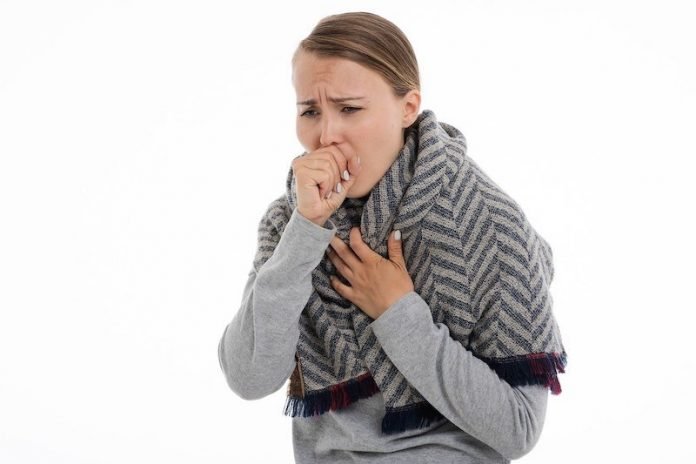
In a new study, researchers found that even people with mild cases of COVID-19 may commonly feel run down and unwell months later.
They found that 62% said they had not returned to “full health” when they had a follow-up appointment a few months after their COVID-19 diagnosis.
Nearly half complained of ongoing fatigue.
But the severity of patients’ initial COVID-19 infections was not a factor: People who’d managed at home were as likely to feel unwell as those who’d been hospitalized.
The research was conducted by a team at St. James’s Hospital, in Dublin.
A year into the global pandemic, the problem of “long-haul” COVID-19 is getting increasing attention.
Some recent studies estimate that 10% of COVID-19 patients become long haulers, complaining of stubborn problems like fatigue, insomnia, shortness of breath, and “brain fog”.
In the study, the team assessed 153 patients who were diagnosed with COVID-19 between March and May 2020, then returned for a long-term follow-up appointment—typically 75 days later.
Almost half had been hospitalized, while the rest had recovered at home.
They found a large proportion of patients with mild COVID-19 still felt unwell when they saw their doctor over two months later.
The findings give a basic message: COVID-19 is not a dichotomy of people die, or people are fine.
There can be lasting problems, particularly for severely ill people—including damage to the heart or kidneys, abnormal lung function, and psychiatric symptoms, such as depression.
But there was some reassuring news.
Even though many patients reported breathlessness during treadmill walking tests, only 4% had abnormal chest X-rays—all of whom had been hospitalized.
That suggests the breathing problems were, for the most part, not related to persistent lung damage.
Instead, the culprits might include fatigue and de-conditioning of the heart system and muscles.
But it’s unclear exactly what is driving the lasting fatigue and general malaise, particularly among people with milder COVID-19.
One author of the study is Dr. Liam Townsend.
The study is published in the Annals of the American Thoracic Society.
Copyright © 2021 Knowridge Science Report. All rights reserved.



